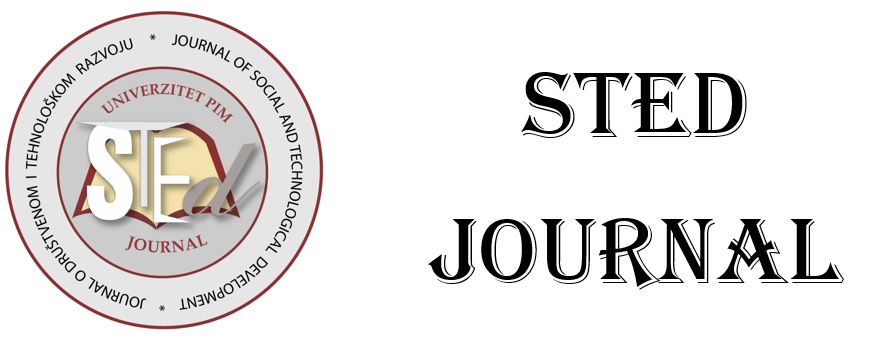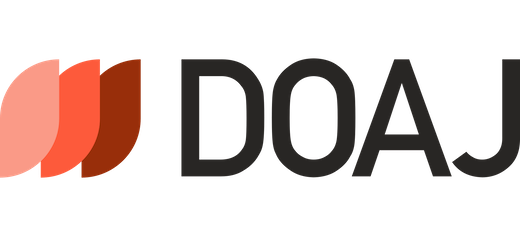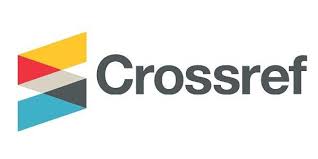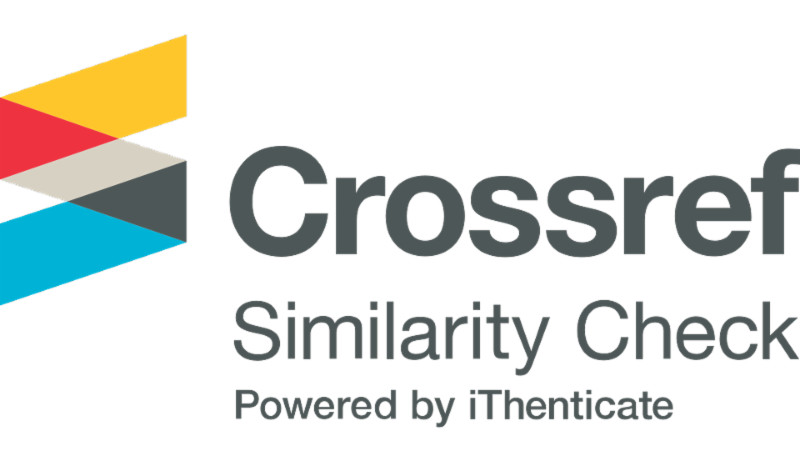
More articles from Volume 5, Issue 1, 2023
THE INTERACTION OF FAMILY AFFECTIVE ATTACHMENT AND PASSIVE DEPENDENCE IN PARTNER RELATIONSHIPS
THE CONNECTION BETWEEN THE PERCEPTION OF MOBBING AND WELL-BEING AT WORK FEMALE EMPLOYEES
DIGITALIZATION OF PUBLIC ADMINISTRATION IN BOSNIA AND HERZEGOVINA WITH A SPECIAL FOCUS ON THE FIELD OF IT STAFF MANAGEMENT AND ICT INFRASTRUCTURE MANAGEMENT
DEVELOPMENT OF NEW SENSORS AND TECHNOLOGIES FOR PRECISION AGRICULTURE
CLIMATE VARIABILITY AND CHANGE IMPACTS ON VEHICULAR FUEL CONSUMPTION AND EMISSIONS – A SYSTEMATIC OVERVIEW IN AFRICA
Article views
DEVELOPMENT OF NEW SENSORS AND TECHNOLOGIES FOR PRECISION AGRICULTURE
University Sinergija , Bijeljina , Bosnia and Herzegovina
Received: 15.03.2023.
Accepted: 17.04.2023. >>
Published: 29.05.2023.
Volume 5, Issue 1 (2023)
pp. 44-49;
Abstract
Precision agriculture is becoming increasingly important in modern agriculture as it allows farmers to optimize production and increase yields. This includes the use of sensors and technologies to collect and analyze data on soil, crops, weather, and other relevant factors. However, existing technology still has limitations such as accuracy and coverage over large areas. In order to solve this, new sensors and technologies are being developed, especially those based on artificial intelligence and machine learning, which allow for greater accuracy in data collection. In addition, new technologies such as drones and satellite imagery are being used to map crops and optimize agricultural production. This paper analyzes some of the latest developments in precision agriculture, providing insight into the future development and application of this technology. This work is particularly relevant to farmers, researchers, and companies involved in the development of sensors and technologies for precision agriculture.
Keywords
References
Citation
Copyright
All papers are licensed under a Creative Commons Attribution 4.0 International License.
Article metrics
The statements, opinions and data contained in the journal are solely those of the individual authors and contributors and not of the publisher and the editor(s). We stay neutral with regard to jurisdictional claims in published maps and institutional affiliations.











